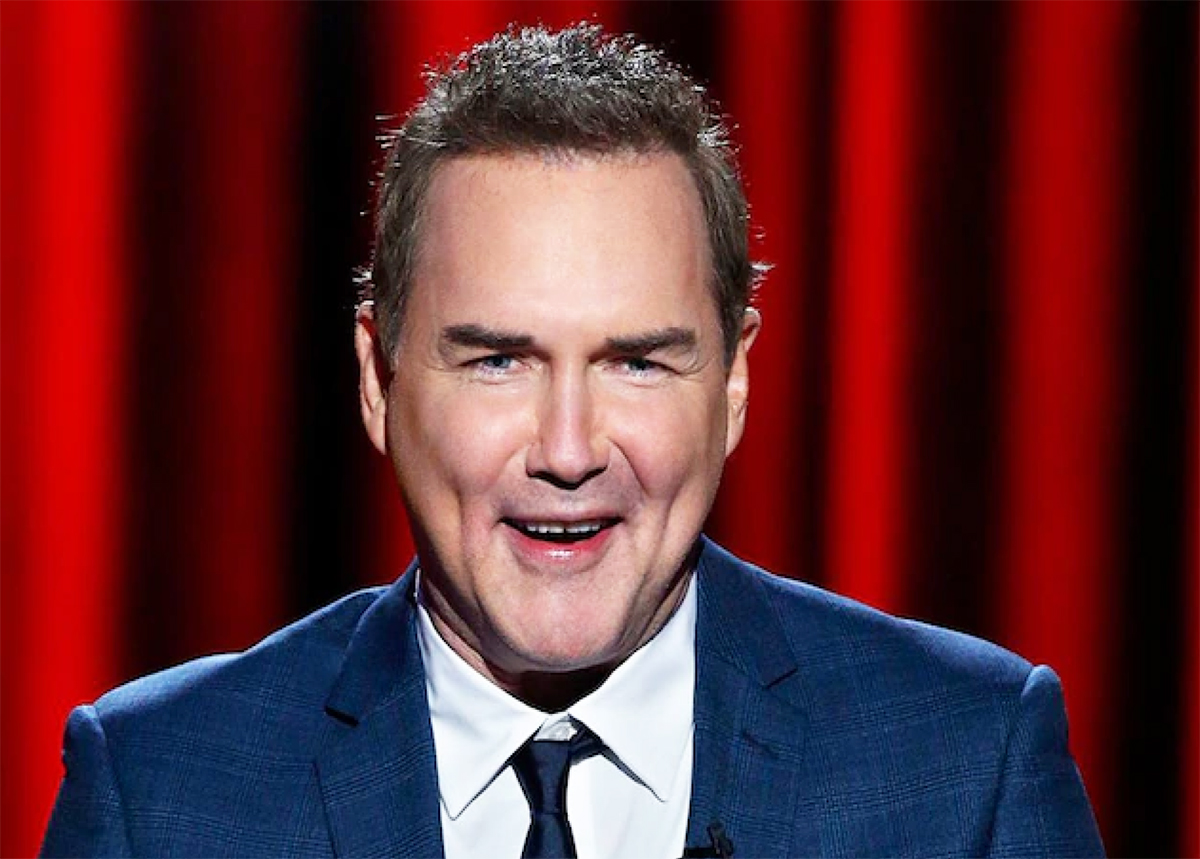
Norman Gene Macdonald — the Canadian stand-up comedian, writer and actor — was known for his deadpan style, subversive joke-telling, and poetic turns of phrase.
The former Saturday Night Live comic toyed with the very structure of jokes, played with language, and delved into previously unexplored territories within comedy
With the passing of Norm Macdonald, the world has lost one of the world’s greatest comedic minds. It would be unjust to call Macdonald a comedian. He was a comedian’s comedian. The classic structure of a joke is a setup and a punchline. Of course, talented standup comics have much more in their arsenal, such as observational and anecdotal humour. But when they want to go for the big laugh, they rely on a great setup and the perfectly landed punchline. Macdonald was different.
He toyed with the very structure of jokes, played with language, and delved into previously unexplored territories within comedy. His confident rambling style was iconic. Here was a comic who was not scared of anything. Do you know why? It’s because he was aware of his own prodigious talent. He knew that even if he began losing the audience at some point in his ramblings, he could bring them back at any point with an unexpected stroke of genius.
One of his most famous clips on the internet is “The Moth” joke that he performed on The Tonight Show, hosted by Conan O’Brien at the time. What makes the story even more legendary is that he made up that joke on the fly. He was supposed to be on for only one slot but another guest cancelled and he was asked to sit in again and entertain for another seven minutes. He had recently heard the moth joke from a friend of his. It was a very simple joke about a moth going to a podiatrist. The podiatrist asks him why are you here? The moth answers — because the light was on.
This was, of course, a joke that would last only a few seconds. Macdonald decided to stretch it for the entire seven minutes slot. What he pulled off at that moment has gone down in the pages of comedic history. Macdonald injected the simple moth joke with Dostoevsky and Kafka. He painted the life of the moth in the way Dostoevsky would have written about his character’s struggle with an existential crisis. By humanizing the moth with complex emotions and crippling depression, Macdonald turned the joke Kafkaesque. He gave the boss and the children of the moth long Russian names not only as a nod to Dostoevsky but as a sly comedic technique. You see, in the mind of the audience, the story is based in contemporary America as Macdonald had not mentioned otherwise. So, when out of nowhere, the names of the children of the moth are long mouthful Russian names, it immediately startles the audience into laughter.
Macdonald goes into long rambling details about the moth’s struggles. But at no point is he boring or monotonous. While describing the life of the moth, he uses words like “malaise” and constantly calls the doctor “doc” in a way that keeps provoking laughter. He talks about the moth’s unhappy marriage, the loss of his daughter to a heartless winter, and a feeling of hatred for his son as he sees his own cowardice reflected in him. By this point, he has mesmerised the audience and they have even forgotten that they are listening to a joke. They are simply hooked to the story and want to see where it leads. Finally, when the podiatrist asks the moth why is he there and not at a psychiatrist, Norm effortlessly delivers the punchline.
Watching Macdonald do comedy was an experience. Here was a man who was not only fiercely intelligent but also clearly well-read. The way he manipulated language to make even mundane ramblings side-splittingly hilarious was a sight to behold. He also had a way of finding humour in the most obvious places where somehow everyone else had missed it. When he would deliver such jokes, they would make you wonder — “why did I never notice that even though it was right in front of me the whole time?”
Macdonald’s mischievous grin and the twinkle in his eyes as he narrated his hilarious tales will be missed. With his passing, the world is slightly less funny. And the way things are at the moment, that loss will be sorely felt.
More from Culture
Comments
*Comments will be moderated











